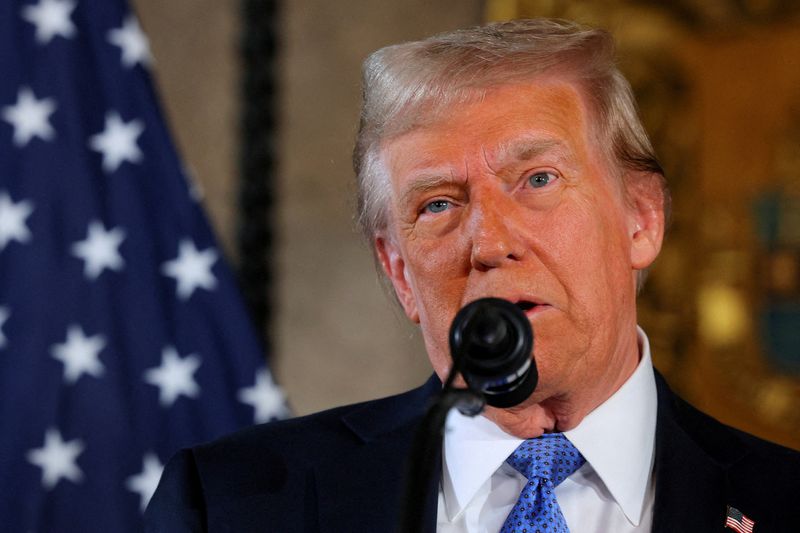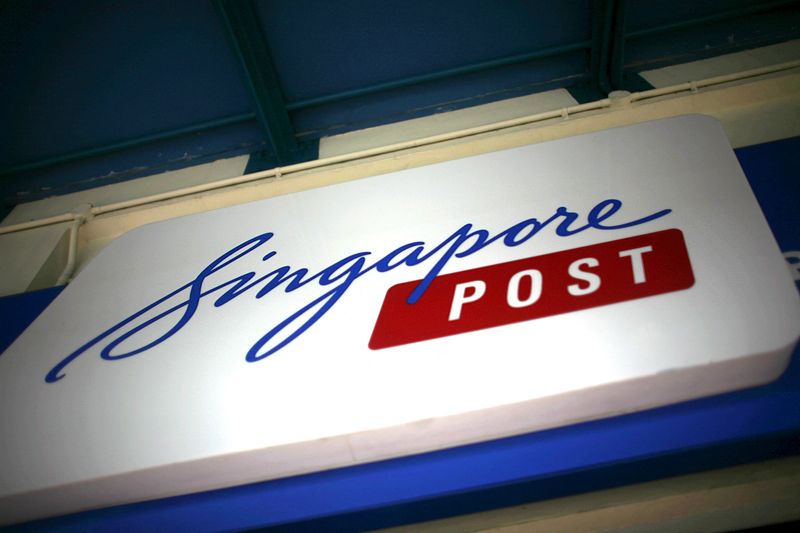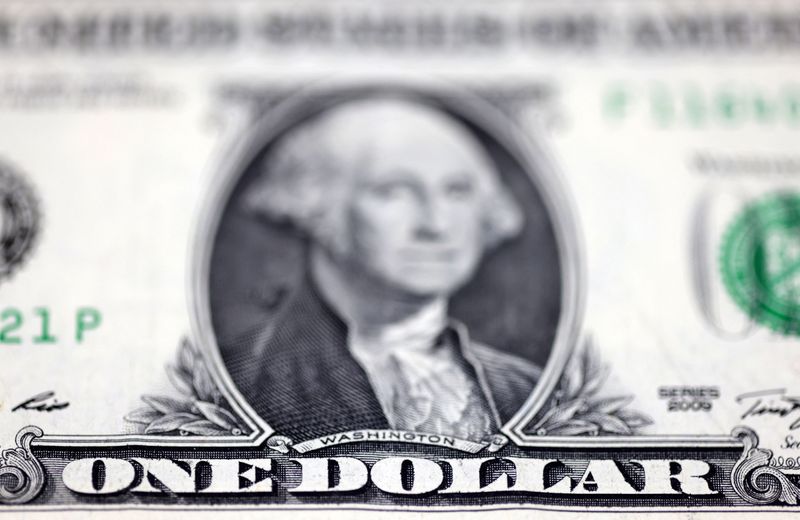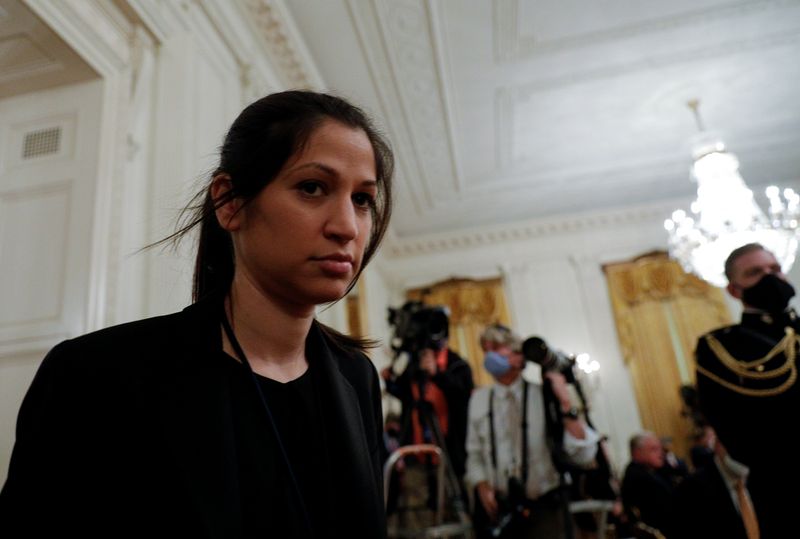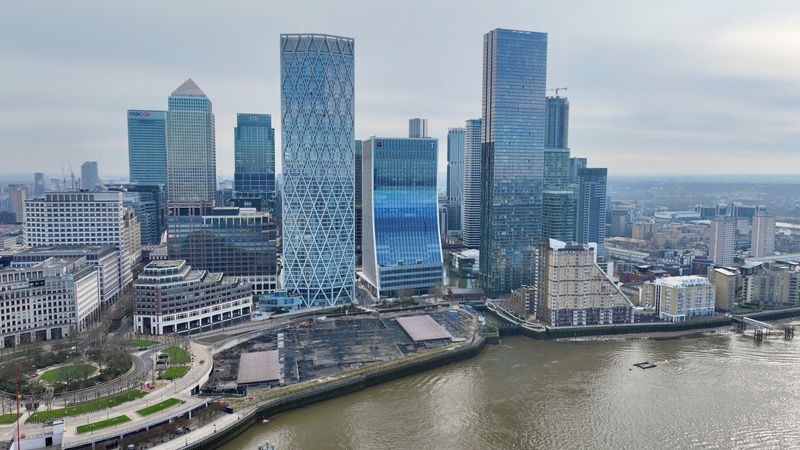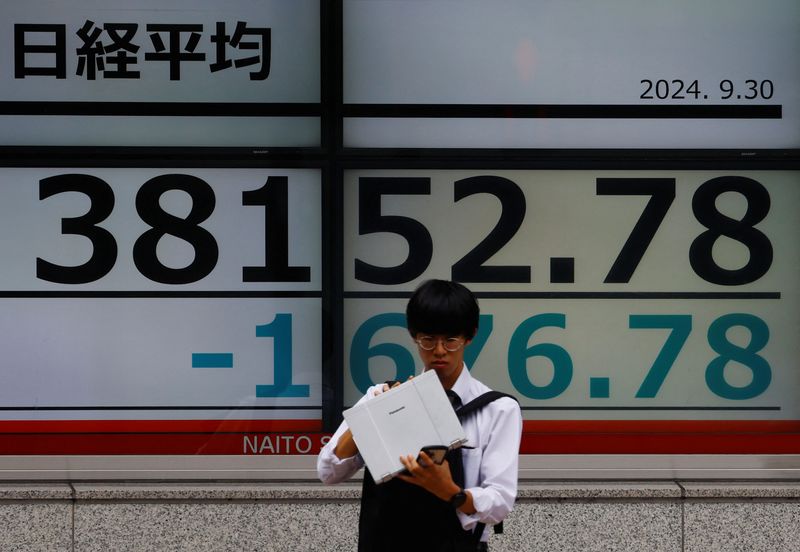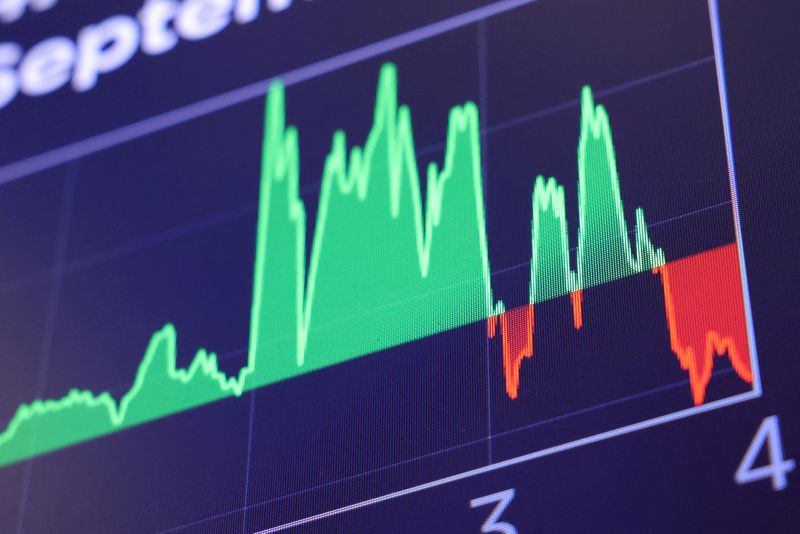By David Ljunggren
OTTAWA (Reuters) -Canadian Prime Minister Justin Trudeau on Friday looked set to lose power early next year after a key ally said he would move to bring down the minority Liberal government and trigger an election.
New Democratic Party leader Jagmeet Singh, who has been helping keep Trudeau in office, said he would present a formal motion of no-confidence after the House of Commons elected chamber returns from a winter break on Jan. 27.
If all the opposition parties back the motion, Trudeau will be out of office after more than nine years as prime minister and an election will take place.
A string of polls over the last 18 months show the Liberals, suffering from voter fatigue and anger over high prices and a housing crisis, would be badly defeated by the official opposition right-of-center Conservatives.
The New Democrats, who like the Liberals aim to attract the support of center-left voters, complain Trudeau is too beholden to big business.
“No matter who is leading the Liberal Party, this government’s time is up. We will put forward a clear motion of non-confidence in the next sitting of the House of Commons,” said Singh.
The leader of the Bloc Quebecois, a larger opposition party, promised to back the motion and said there was no scenario where Trudeau survived.
The Conservatives said they would ask Governor General Mary Simon – the personal representative of King Charles, Canada’s head of state – to recall Parliament to hold a no-confidence vote before the end of the year. Constitutional experts say Simon would reject such a move.
“We cannot have a chaotic clown show running our government into the ground. What is clear is that Justin Trudeau does not have the confidence of Parliament,” Conservative leader Pierre Poilievre told reporters.
Shortly after Singh issued his letter a smiling Trudeau, under growing pressure to quit after the shock resignation of his finance minister this week, presided over a cabinet shuffle.
Trudeau’s office was not immediately available for comment.
Trudeau, who has not publicly spoken about Freeland’s exit, usually addresses reporters after cabinet shuffles but left without saying a word. Major domestic media organizations said his office had canceled traditional end-of-year interviews.
Votes on budgets and other spending are considered confidence measures. Additionally, the government must allocate a few days each session to opposition parties when they can unveil motions on any matter, including non-confidence.
Singh’s move is a political risk, since the polls showing a bad defeat for the Liberals also have bad news for the NDP.
Darrell Bricker, CEO of polling firm Ipsos-Reid, said Singh saw a chance to replace the Liberals as the first choice for voters who opposed the Conservatives.
“Waiting to give the Liberals and even Trudeau a chance to get off the mat is ill-advised,” he said by email.
Before Singh made his announcement, a source close to Trudeau said the prime minister would take the Christmas break to ponder his future and was unlikely to make any announcement before January.
Liberal leaders are elected by special conventions of party members, which take months to arrange.
Singh’s promise to act quickly means that even if Trudeau were to resign now, the Liberals could not find a new permanent leader in time for the next election. The party would then have to contest the vote with an interim leader, which has never happened before in Canada.
So far around 20 Liberal legislators are openly calling for Trudeau to step down but his cabinet has stayed loyal.
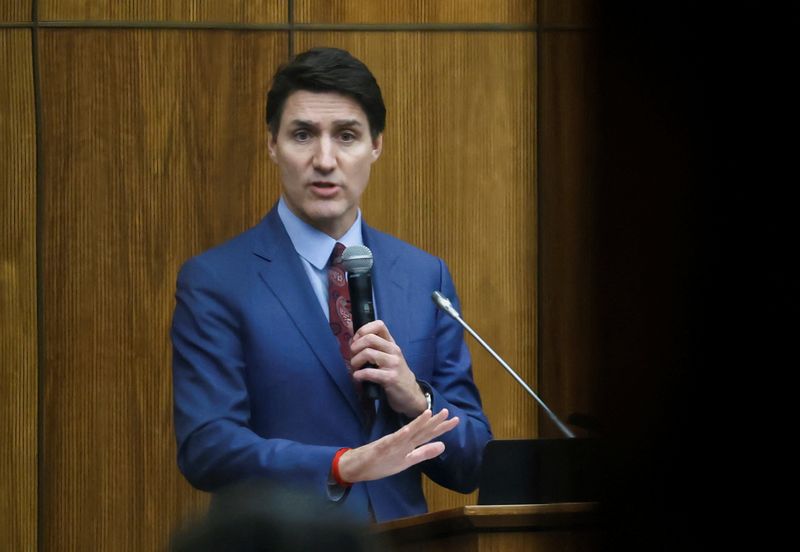
The timing of the crisis comes at a critical time, since U.S. President-elect Donald Trump is due to take office on Jan. 20 and is promising to impose a 25% tariff on all imports from Canada, which would badly hurt the economy.
The premiers of the 10 provinces, seeking to create a united approach to the tariffs, are complaining about what they call the chaos in Ottawa.


